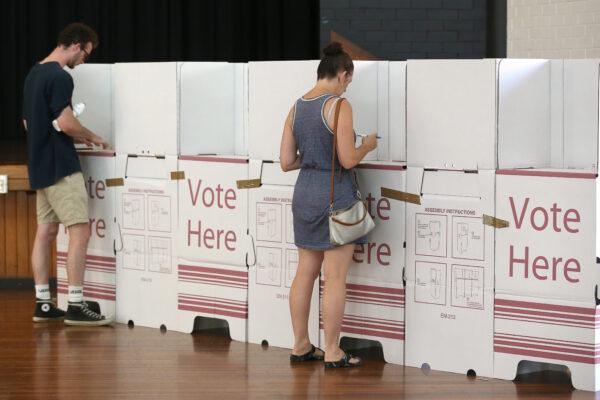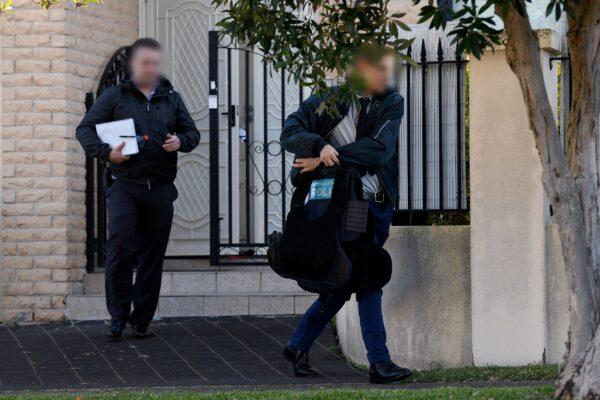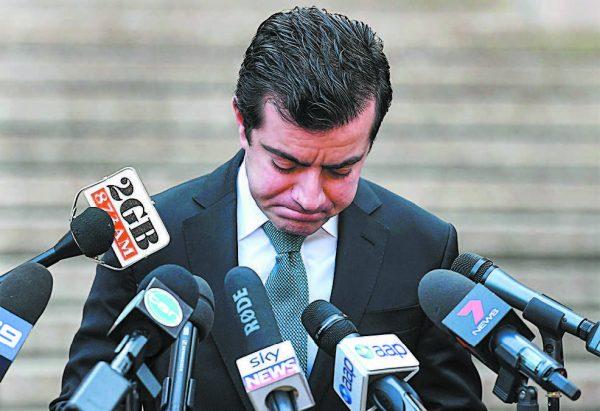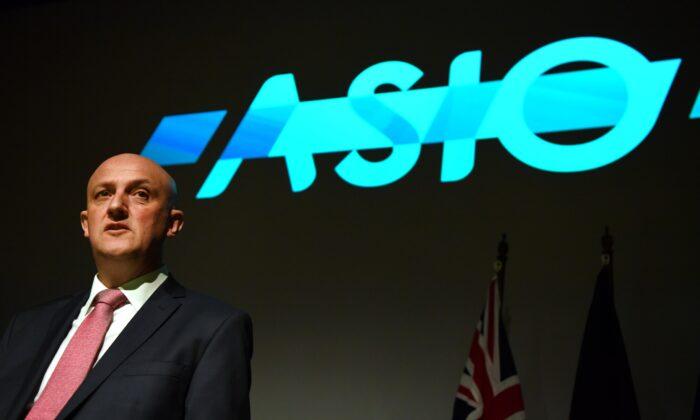Australia’s domestic spy agency, ASIO, has disrupted a plot by an unnamed foreign state-power to help friendly candidates get elected in this year’s federal elections.
“I can confirm that ASIO recently detected and disrupted a foreign interference plot in the lead-up to an election in Australia,” Burgess said, admitting that the agency saw attempts at foreign interference at all levels of government and in all states and territories.
According to Burgess, a wealthy individual with “direct and deep connections” to a foreign government and its intelligence agencies acted as a puppeteer hiring an Australian proxy to secretly shape the political scene of a local electorate to benefit the foreign power directly.
Burgess declined to name the electorate and the foreign power but noted that an offshore bank account supported the interference operation with hundreds of thousands of dollars in operating expenses.
“It was like a foreign interference start-up,” Burgess said. “The employee hired by the puppeteer began identifying candidates likely to run in the election who either supported the interests of the foreign government or who were assessed as vulnerable to inducements and cultivation.
“The employee used existing relationships with politicians, staffers, and journalists to select potential targets, without revealing the secret intent, the foreign connection or the puppeteer’s involvement,” he said.

Burgess said that the puppeteer and the individual hired plotted multiple ways of advancing the candidates’ they identified through generous support, placing favourable stories in foreign language news platforms, and providing other forms of assistance.
The foreign agents also investigated hiring political consultants, advertising agencies, and PR specialists to help individual campaigns, which they hoped would not just get the candidates into positions of power, but also engender feelings of appreciation, obligation, and indebtedness in the political candidates themselves.
Burgess noted that the political candidates targeted in the plot were unaware of the scheme and, due to the use of a proxy by the foreign agent, would not have even suspected they were being utilised to forward the interest of the foreign power.
“It’s impossible to know exactly what would have happened without ASIO’s disruption,” Burgess said. “But I can offer an informed scenario. Some of the candidates get elected. The puppeteer’s employee then recommends they hire certain other associates as political staffers. These people are also agents or proxies of the foreign government and will try to influence the politician, shape decision-making, and help identify other political figures who can be influenced and recruited.”
Burgess noted that the targeted new parliamentarians might be asked for information about the party’s position on defence policy, human rights, foreign investment, or trade. This information, he said, would then be passed onto the foreign power without the knowledge of the parliamentarian.
Further, he noted that at some point, the politicians might be prevailed upon to vote a particular way on a contentious issue or lobby colleagues to vote a certain way, all of which would benefit the foreign power.
Past Foreign Interference by China
The new revelation by ASIO comes after Australian Federal Police (AFP) initiated raids over foreign interference in 2020, which resulted in the arrest of Duong Di Sanh, or Sunny Duong, who was the head of a number of community organisations in Victoria, including the Oceania Federation of Chinese Organisations from Vietnam, Cambodia and Laos Inc., and the Museum of Chinese Australian History Melbourne.He was also linked to the China Council for the Promotion of Peaceful National Reunification, an organisation controlled by Beijing’s chief overseas influence body, the United Front Work Department.
The AFP charged Duong with preparing for a foreign interference offence; the maximum penalty for this offence is 10 years imprisonment.
In the same year, the AFP also raided the office and home of New South Wales State MP Shaoquett Moselmane, who had spoken and written articles supporting China’s leader Xi Jinping.
Moselmane was not involved with any offences resulting from the raids. However, he was forced to stand down as assistant president of the NSW upper house in April after praising Xi’s response to the COVID-19 pandemic, saying Xi had demonstrated “unswerving leadership” and decisiveness.

He also reportedly wrote that the “obsolete scum of white Australia” was resurgent in spreading Sinophobia in an opinion piece he wrote for the East China Normal University.
Moselmane said the AFP investigation was being carried out in relation to individuals connected with the Chinese Communist Party (CCP).
The AFP has an ongoing investigation into his former parliamentary staffer John Zhang, for money laundering and foreign interference.

The 2018 Foreign Interference Law was established after it was revealed that expelled foreign interference agent and billionaire Huang Xiaomo had paid Labor Sen. Sam Dastyari’s legal and travel expenses to the tune of $5,000.





Friends Read Free